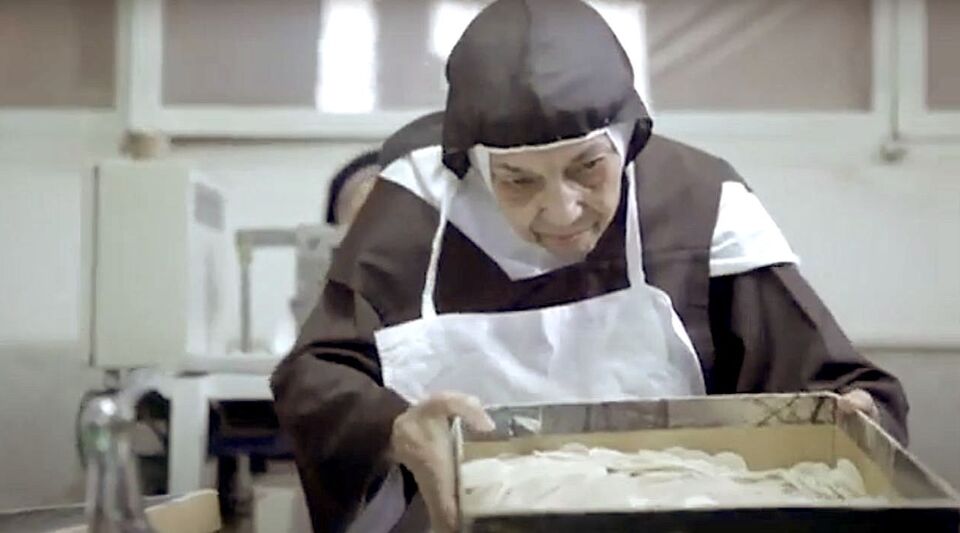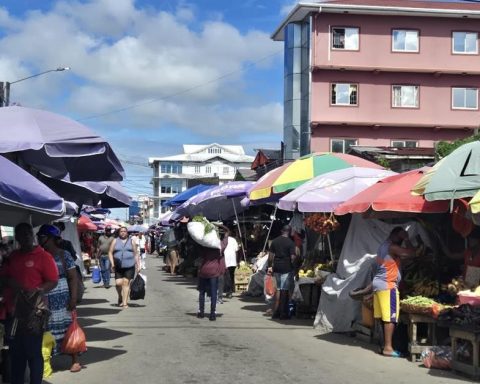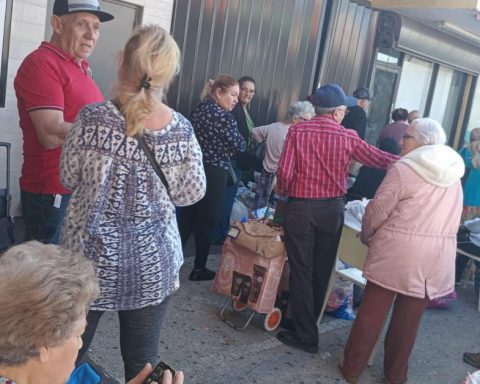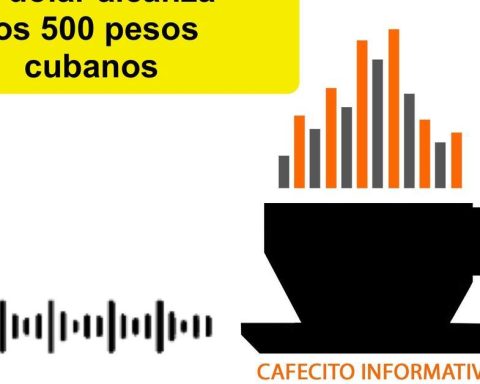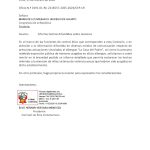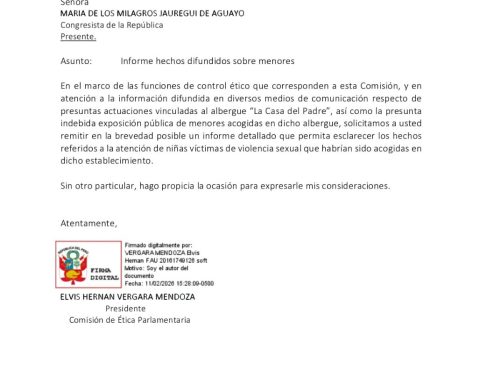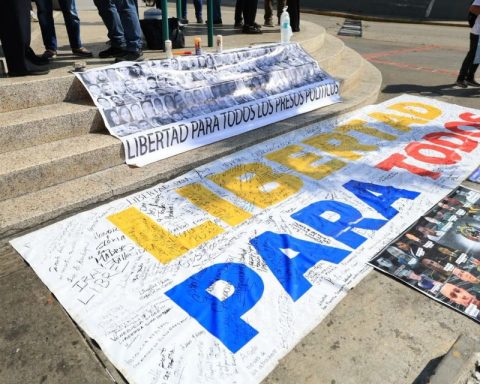In the monastery of the Discalced Carmelite nuns of Santa Teresa, in Havana, most of the hosts consumed by the island’s Catholics are made. This Wednesday, the nuns announced that they would not be able to manufacture or sell any more wafers, crippling a distribution system that has been running for decades.
“We have been working with the little flour that was left and what was in reserve has already come to an end,” lamented the nuns, for whom the sale of hosts was one of their economic livelihoods.
The message has aroused the solidarity of many Catholics on the island, and also of exiles in Spain and the United States, who have taken advantage of the information in the statement to send raw materials to the Havana convent. The sisters have also opened a telephone line for anyone who wants to help.
“When production stops, it will be necessary to ‘stretch’ the existing hosts, which is almost like having to multiply the loaves,” he refers to 14ymedio José Luis Pueyo, a Spanish priest who works in Caibarién, Villa Clara. “We will have to split each host in two or three, until the supply is restarted.”
Once a month, explains Pueyo, the priests of each parish go to the corresponding bishopric and collect the wafers from the community. “It is not a product that can be stored indefinitely”, he details, “it is convenient that it does not take too long to consume them, therefore production and supply must be continuous”.
“If the lack becomes something chronic, which it doesn’t seem like, the hosts would have to be brought in from abroad, as is done with the wine of the masses”
As for the Carmelites of Havana – who became known in 2015 for the spanish documentary a million hosts–, considers that “they do a favor to the dioceses of the Island”, in addition to the fact that the payment contributes to the economic self-sufficiency of the convent. “If the lack becomes something chronic, which it does not seem like, the hosts would have to be brought in from abroad, as is done with the wine of the masses. Dioceses or parishes would also have to be found to manufacture them, as has already happened at some point, or consecrate normal bread”, calculates the priest.
Regarding this last alternative, Pueyo clarifies that only wheat flour bread could be served without mixing or manipulation, something impossible in Cuba.
“The hosts are distributed monthly,” says Pedro, a lay administrator in Villa Clara. “Each diocese entrusts the nuns with the ones it needs, picks them up in Havana and pays a very modest fee to support the sisters.”
Pedro assumes that the lack of hosts will generate many rumors about the Catholic Church in Cuba and its relationship with the government. He affirms that there was an agreement with the nuns for the supply of flour, and that the regime has not complied with it.
“It must be clarified that Pope Francis does not send flour, as some think, nor is it his obligation. Each country has its own system for manufacturing and obtaining hosts.” On the Island, he says, too hosts are made locally and in small quantities, although he does not know the details of the production.
Sebastián, another layman linked to the diocese of Matanzas, assures that the Carmelites produce “all the hosts consumed at least in the western half of the island.” “Years ago, the nuns were able to modernize the process: it is not ordinary bread, but a wafer whose dough must be cooled following a very strict method, and then it is placed on very hot plates, which shape and cut it.”
The lack of hosts will not stop the religious routine in Cuba, but “it will tremendously affect the life of thousands of Catholics, which revolves around Sunday masses”
Sebastián considers that the lack of hosts will not stop the religious routine in Cuba, but “it will tremendously affect the life of thousands of Catholics, which revolves around Sunday masses.”
In addition, he specifies, Catholics will not be the only ones affected. “Evangelicals, Anglicans, Orthodox and many other denominations go to bishoprics to buy hosts for their own celebrations.”
It is not the first time that there has been a crisis, but the obstacle had always been overcome. But this time, the announcement has spoken more than a thousand testimonies of the hardships we are facing, “he laments.” It is as if the saying that ‘there is not even a host left here’ is going to be literally corroborated.”
The shortage of raw materials has notably affected churches and independent projects. Sebastian recalls that, some time ago, the sixty-year-old Jesuit publication Christian life –one of those who reproduced the announcement of the Carmelite nuns– faced a severe paper crisis. The same thing happened with dozens of religious publications on the island, which stopped production or disappeared completely.
“An additional problem is the lack of electricity: with blackouts of more than twelve hours, what manufacturing process can survive?” he says.
Although the panorama of the protests against the deficiencies and the blackouts seems to have mitigated, many towns in the interior of the country suffer long power outages. The hardships have meant that, faced with the imprisonment of protesters and the worsening of problems, the island’s priests and nuns continue denouncing the situation.
In Camagüey, the priest Albert Reyes posted on social media a message of resounding support for the protesters: “Given the unacceptable lack of electricity in Esmeralda, if someone is going to call a peaceful protest, let me know so I can ring the church bells.”
________________________
Collaborate with our work:
The team of 14ymedio is committed to doing serious journalism that reflects the reality of deep Cuba. Thank you for joining us on this long road. We invite you to continue supporting us, but this time becoming a member of our newspaper. Together we can continue transforming journalism in Cuba.
